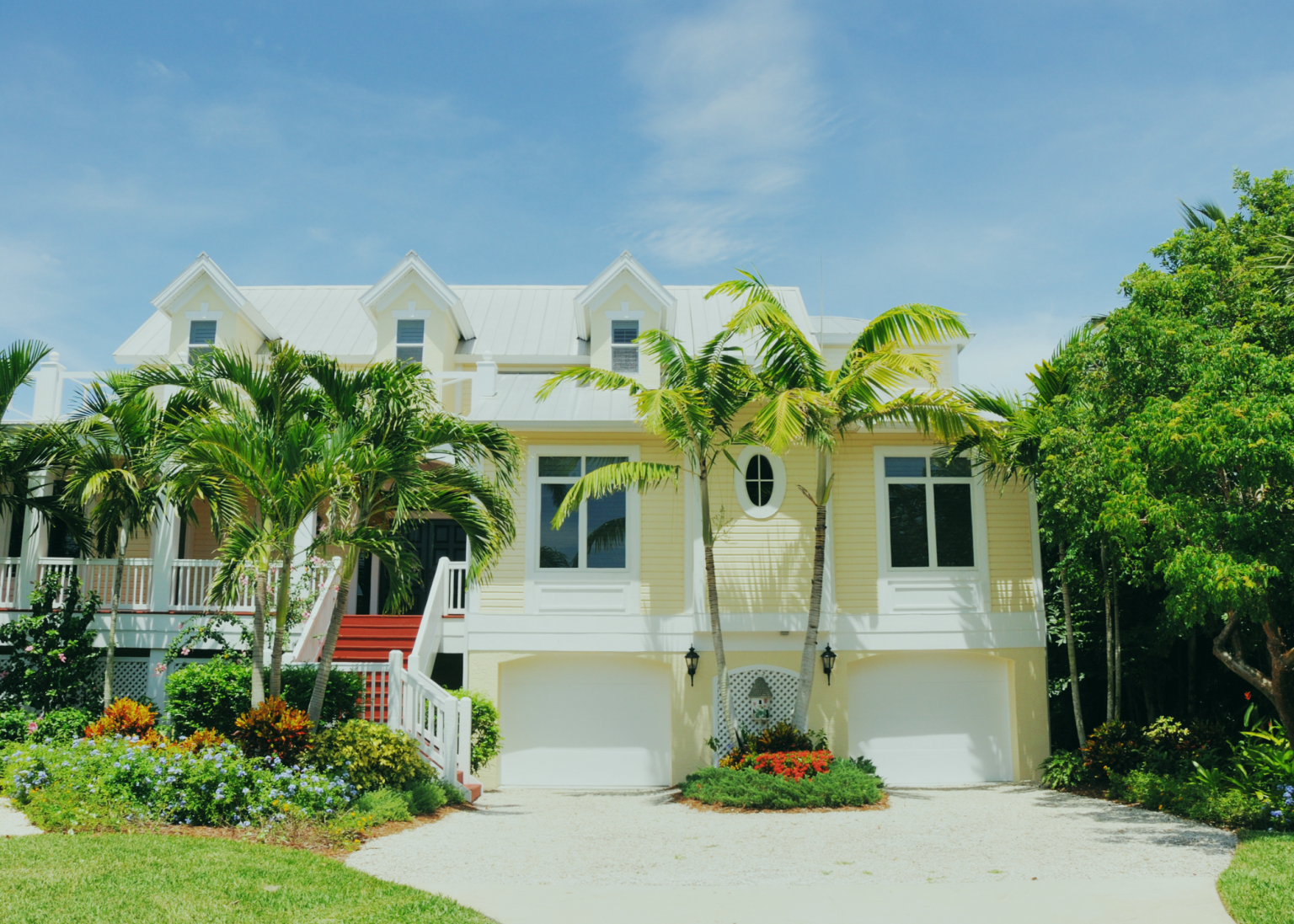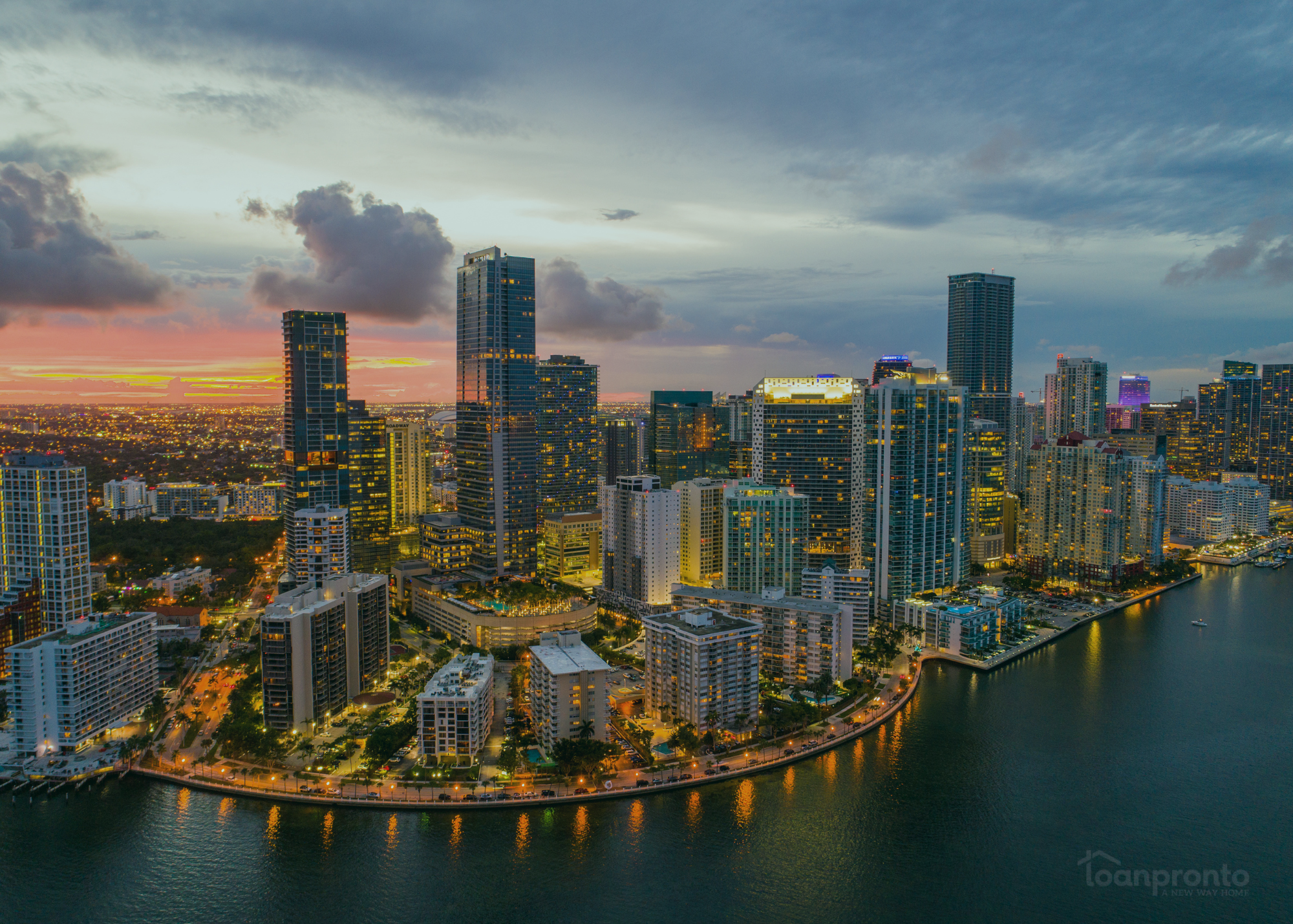Key Takeaways
-
Vacation homes can be both lifestyle upgrades and long-term investments.
-
Expect slightly higher interest rates and stricter requirements than a primary home mortgage.
-
Factor in property taxes, insurance, and upkeep when budgeting.
-
Short-term rentals can offset costs but may trigger different tax rules.
Buying a vacation home is a dream for many, but it also comes with unique financing rules, requirements, and responsibilities. Whether you’re looking for a lakeside retreat, a beach condo, or a mountain cabin, this guide breaks down how to get a mortgage for a second home, what to expect during the process, and how to decide if it’s the right investment for you.
What Qualifies as a Vacation Home?
A vacation home, also known as a second home, is a property you intend to live in for part of the year, separate from your primary residence. It must be accessible year-round and suitable for personal use. Most lenders require:
- You occupy the property at least part of the year
- The home is for personal use (not a full-time rental)
- It’s a one-unit dwelling
- It’s located a reasonable distance from your primary home
Vacation Home vs Investment Property
The way you use your second home affects how lenders classify it — and how much you’ll pay.
| Feature | Vacation Home | Investment Property |
| Primary Use | Personal | Rental Income |
| Down Payment Requirement | 10% or more | 15–25% or more |
| Interest Rate | Lower (than investment) | Higher |
| Rental Allowed? | Occasionally (short-term ok) | Yes, full-time rental |
| Loan Options | Conventional, Jumbo | Conventional, DSCR, Portfolio |
Requirements for a Vacation Home Mortgage
Lenders view second homes as riskier, which means stricter requirements:
- Higher credit score: Typically 680 or above
- Lower debt-to-income (DTI) ratio: Usually under 43%
- Larger down payment: At least 10% (more if your credit score is lower)
- Reserves: Expect to show at least 2–6 months of cash reserves
- Proof of income: Stable employment or income history is required
How to Finance a Vacation Home
There are a few main options for financing your second home, depending on your current equity and financial goals:
1. Second Home Mortgage
A standard conventional loan tailored to second homes, often requiring 10–20% down.
- Pros: Predictable fixed rates, no need to refinance your current home
- Cons: Must qualify based on your full financial profile
2. Cash-Out Refinance
Tap into the equity of your primary home to fund your vacation home purchase.
- Pros: Access lower rates, especially if you bought before 2022–2023 rate hikes
- Cons: Replaces your current mortgage with a new, larger one
3. Home Equity Loan or HELOC
Borrow against your existing equity without refinancing.
- Pros: Keep your current mortgage intact; flexible borrowing
- Cons: Separate payment and potential variable rates
4. Jumbo Loan
Used when the loan amount exceeds conforming limits (often required for high-cost vacation markets).
- Pros: Allows for larger purchases
- Cons: Stricter credit and income qualifications
Can You Rent Out a Vacation Home?
Yes — but the extent depends on your lender. Most will allow limited short-term rentals (e.g., Airbnb or Vrbo), as long as:
- You occupy the property at least part of the year
- The rental income is not your primary source for qualifying
- You disclose this use to the lender
If your plan is full-time rental, you’ll need to apply for an investment property loan instead.
Ready to Buy a Vacation Home?
Owning a vacation home isn’t just about having a place to escape — it can also be a smart investment and a step toward long-term financial freedom. Whether you’re dreaming of a beach retreat, a mountain getaway, or a property you can rent out for extra income, understanding your mortgage options is key. At Loan Pronto, we make financing simple, fast, and tailored to your goals. Reach out to our team today and let’s talk about how we can help you make that vacation home a reality.
FAQs About Financing Vacation Homes
No SSN required. Zero impact to credit. Your Information is never sold.



